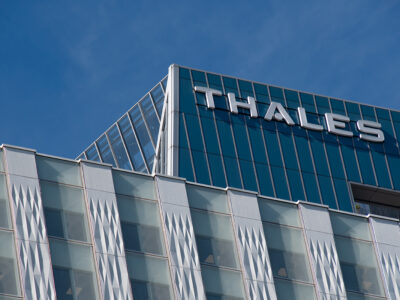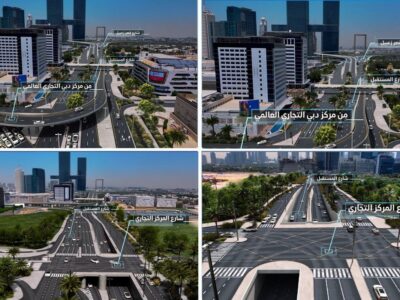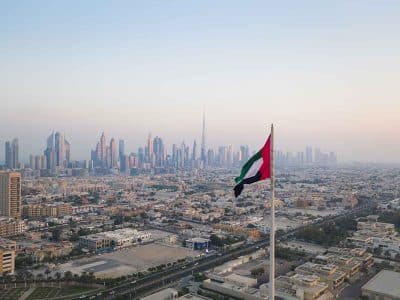This year’s GITEX Technology Week, held at Dubai World Trade Centre from 8-12 September, was further proof, if it were needed, that utilities represent a key target industry for today’s leading business software developers.
At what is primarily an information and communications technology (ICT) show, many exhibitors had made a point of illustrating how energy and utilities had become a strategic sector for their business. There was plenty on offer: automatic meter reading (AMR), customer management and billing solutions, geographic information systems (GIS) for vehicle tracking and asset monitoring, network management and wireless communications.
Exhibitors were only too eager to tell the utilities how their lives could be made easier with these new solutions. Are the utilities convinced? Maybe not across the board – but the ground is being covered. After all, ease of communication and network efficiency is not something we strive for simply out of some perfectionist ideal – at the end of the day it is the figures on the balance sheet which make up our minds.
The investment is sure to pay off. Just as the personal computer came to be omnipresent in our lives, so the ICT revolution will inevitably march on, bringing with it total wireless mobility and fully automated processes.
ICT can even help to conserve vital resources, as its implementation on a water transmission network will demonstrate. “A software-based leak detection system will assist the operators of the pipeline to quickly and accurately identify potential and actual leaks and put into place measures to reduce the losses,” says Keith Joseph of pipeline software provider Atmos International.
In a month when Dubai Electricity and Water Authority (DEWA) signed a further agreement with the Dubai eGovernment for the computer-based training of its future management, international visitors to GITEX felt the Middle East was ready for the next step in its ICT revolution.
The World Economic Forum’s Global Information Technology Report makes it clear that the governments and businesses of some Middle East countries are better positioned than others to participate in and benefit from coming ICT developments. But with much infrastructure already in place, the next stage is well on the way. Industries will now start to reap the benefits of the end-to-end solutions ICT can offer them. The transition may be a slow one, but it will happen all the same.







